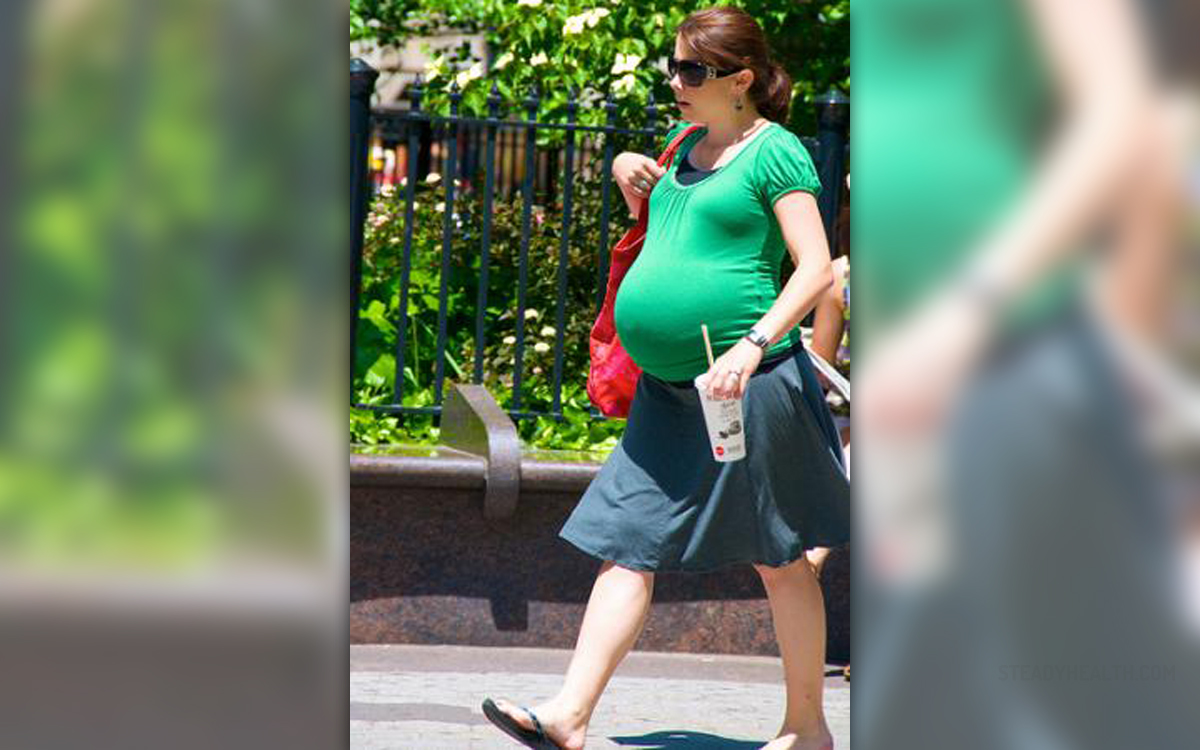
There are many myths or old wives’ tales about pregnancy, and one of them is that pregnant women should not exercise, as it may cause damage to the baby, birth defects and premature labor. This, of course, is not true, and many physicians actually recommend some level of physical workout for pregnant women.
Exercise can help with a number of issues in pregnancy, from back pain and bloating to mood swings and stress.
It is important, however, not to exercise too much. The amount of exercise and physical activity should depend on whether or not a woman was physically active before pregnancy.
In any case, all pregnant women should consult their ob/gyn specialist before starting an exercise program.
Pregnant women new to exercising
Only about 20 to 30 percent of people exercise regularly, and it is safe to assume that most pregnant women did not exercise much before they got pregnant. They should be very careful not to strain too much and only engage in moderate exercise.
Generally, pregnant women who have not exercised before pregnancy should do it for 30 minutes three or four times a week. This may be too much for some, so they might start really slowly and add five minutes of workout each week.
Some of the best exercises include yoga, brisk walks, slow jogging, swimming and water aerobics. They keep the woman fit and do not put too much strain, and they are useful as they prepare the uterus and the abdominal muscles for the difficult task of delivering the baby.
Exercise classes made especially for pregnant women are particularly recommended, they are usually guided by an experienced instructor in a comfortable surroundings.
Pregnant women who exercise regularly
Women who are usually very active often have trouble giving up on the physical activity during pregnancy. Generally, they are advised to remain active, only less vigorously. A woman’s body always tells when it has had too much, and exercise should be stopped when the signs of pain and discomfort appear. Also, if it becomes difficult to talk and exercise at the same time, it is the sign to slow down.
Women who lift weights do not need to stop their routine, they just need to modify it by lifting less weight and doing more reps instead.
It is essential to keep hydrated while exercising and to wear light clothes that absorb the sweat. It is also important to wear a supportive bra and comfortable shoes.
After the first trimester it is better to avoid any exercise that requires lying on the back and to avoid contact sports, adventure sports, horseback riding and skiing.
In case of chest pain or vaginal bleeding, the exercise must stop immediately.






_f_280x120.jpg)










Your thoughts on this
Loading...